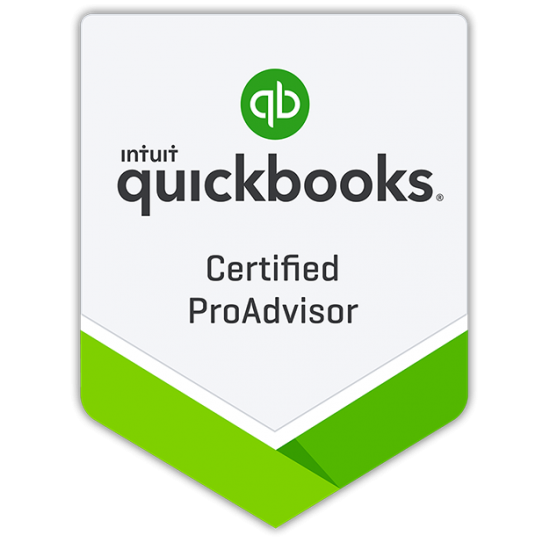A 529 plan is a tax-advantaged savings plan designed to help pay for educational expenses. When a parent or grandparent opens a 529 plan, they ensure that their child has the financial support to reach their educational goals. With about 42% of Americans over age 25 holding a college degree, it may seem like a no-brainer to take advantage of the long-term tax savings of investing in a 529 plan.
But what can you do if the beneficiary of the plan ultimately decides to pursue goals that do NOT require additional education? Are the funds “stuck” in the 529 plan?
In the past, using withdrawals from a 529 plan for anything other than qualified educational expenses would result in taxes and usually penalties. Account owners could leave the funds in the account in case the beneficiary changed their mind in the long term. They could decide to change the beneficiary of the account to another person, such as a niece or nephew. However, that may not be a desirable option for many families.
The recently enacted SECURE 2.0 Act provides an additional option for moving funds from a 529 plan that is no longer needed. Starting in 2023, owners of certain 529 Plans can transfer the balance to a Roth IRA. A Roth IRA is a special individual retirement account (IRA) in which withdrawals are tax-free.
The conversion must comply with the following guidelines:
- 529 plan account must have been in effect for at least 15 years.
- The amount transferred into the Roth IRA may not exceed the total of the contributions made to the 529 plan during the past five years.
- The amount transferred into the Roth IRA each year is limited to the amount allowed for Roth IRA contributions that year. (In 2023, the IRA limit is $6,500, but we do not know the limit for 2024 as of the date of publication).
- The maximum amount of all transfers is limited to $35,000.
While 529 savings plans can be beneficial for many families, investors who ultimately decide that they will not use their balance for qualified educational expenses now have another option for using the funds without incurring harsh penalties. Because of the complex rules surrounding such a conversion, we also recommend speaking with a knowledgeable financial advisor. If we can assist you with a referral, call our office at 480-294-4967.



